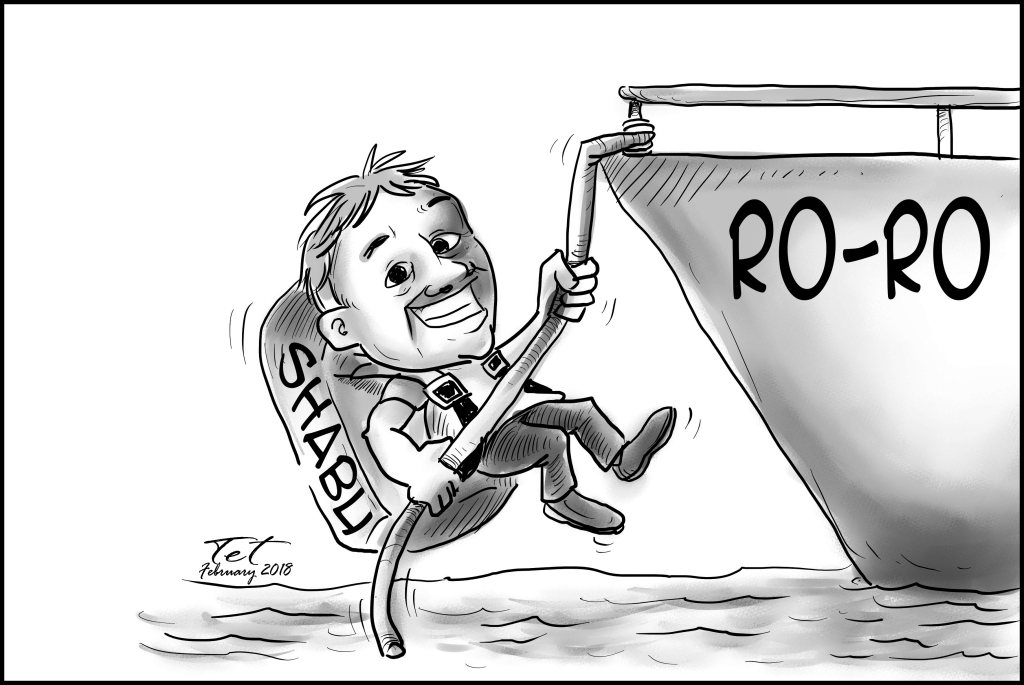
[av_one_full first min_height=” vertical_alignment=” space=” custom_margin=” margin=’0px’ padding=’0px’ border=” border_color=” radius=’0px’ background_color=” src=” background_position=’top left’ background_repeat=’no-repeat’ animation=”]
[av_heading heading=’OFW ‘ tag=’h3′ style=’blockquote modern-quote’ size=’30’ subheading_active=’subheading_below’ subheading_size=’18’ padding=’10’ color=” custom_font=” av-medium-font-size-title=” av-small-font-size-title=” av-mini-font-size-title=” av-medium-font-size=” av-small-font-size=” av-mini-font-size=” admin_preview_bg=”]
EDITORIAL
[/av_heading]
[av_textblock size=” font_color=” color=” av-medium-font-size=” av-small-font-size=” av-mini-font-size=” admin_preview_bg=”]
February 12, 2018
[/av_textblock]
[av_textblock size=’18’ font_color=” color=” av-medium-font-size=” av-small-font-size=” av-mini-font-size=” admin_preview_bg=”]
PAID domestic work abroad is prone to abuse and exploitation as it is usually not covered by labor and social legislation in other countries. The vulnerability of our domestic workers abroad is further heightened by class and racial discrimination. This is why we often read or hear reports about overseas Filipina workers abused and exploited, assaulted and raped, denied pay, rest days, privacy and access to medical services, and most recently, killed and hidden in a freezer.
According to the United Nations Population Fund, the top 10 destinations of OFWs are Saudi Arabia, Hong Kong, United Arab Emirates, Singapore, Italy, Kuwait, United Kingdom, Qatar, Taiwan, and Brunei. However, all these countries have not yet ratified the Convention on the Protection of the Rights of All Migrants Workers and Members of their Families. This simply means our foreign domestic workers are still susceptible to abuse and exploitation.
It is sad to see a family “physically” breaking up because a parent has to go away and work abroad so he or she can provide a comfortable life to his or her family. Many Filipinos face this dilemma: work abroad and endure homesickness and being away from the family, or stay with them and watch their children starve.
While the government is relentless in issuing press releases of economic prosperity, the reality says otherwise. Poverty and joblessness remain a problem. Those with jobs have salaries that could not catch up with the constant increase in the prices of basic commodities. And there is always the threat of losing their jobs. These are the very reasons why Filipinos want to get away…as fast as they can. And the demand for Filipino labor abroad shows no signs of tapering off.
Pinoy workers abroad, not foreign investments, are the biggest sources of dollars of the government. It is our human export that buoys our economy. The government has given a glorified name to our OFWs – bagong bayani, modern day heroes. But this is nothing but lip service if we cannot help and protect them.
While the nation rejoices because OFWs’ remittances keep our economy afloat, their families suffer in silence. No family would want to see themselves separated. But our economic situation forces a member of every family to sacrifice by going away. The moment OFWs step out of the country, they expose themselves to many risks.
The bottom line is that the government has a responsibility to create better jobs for its people and provide better options for them here other than working abroad. After all, the lack of better opportunities here is the very reason why many have to leave.
[/av_textblock]
[/av_one_full]







